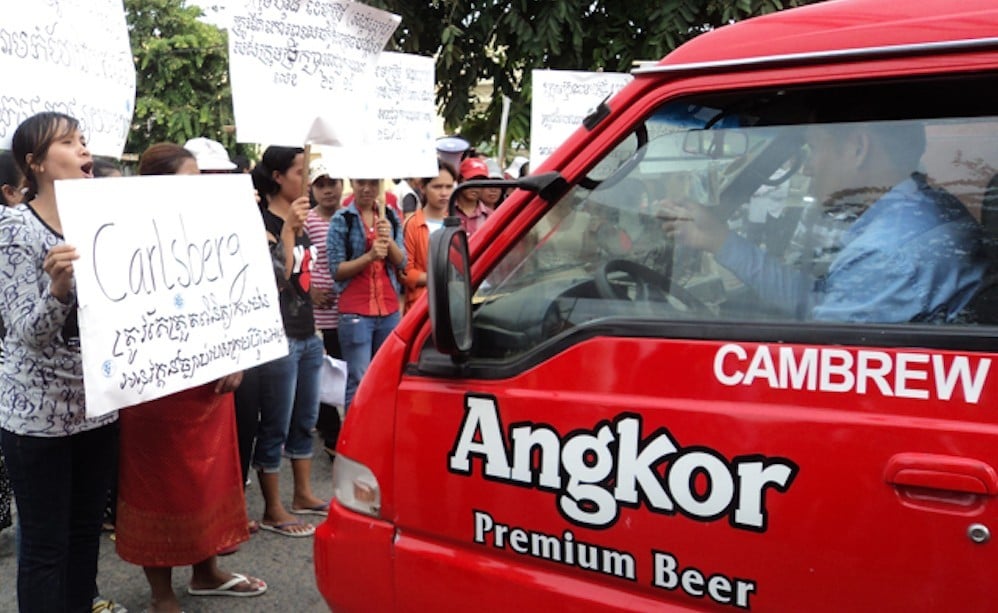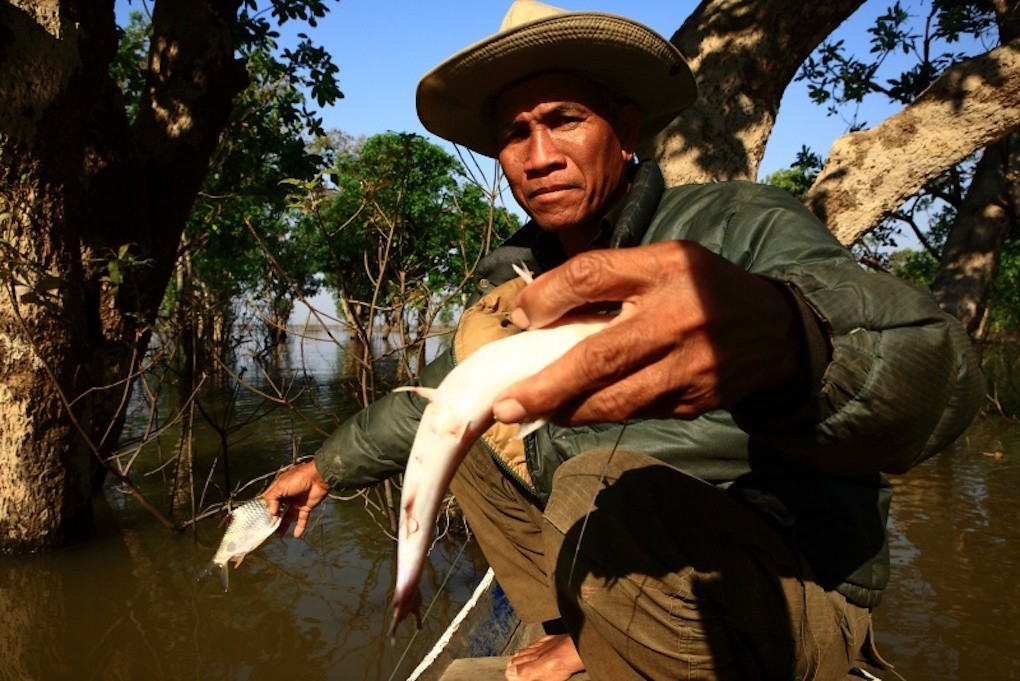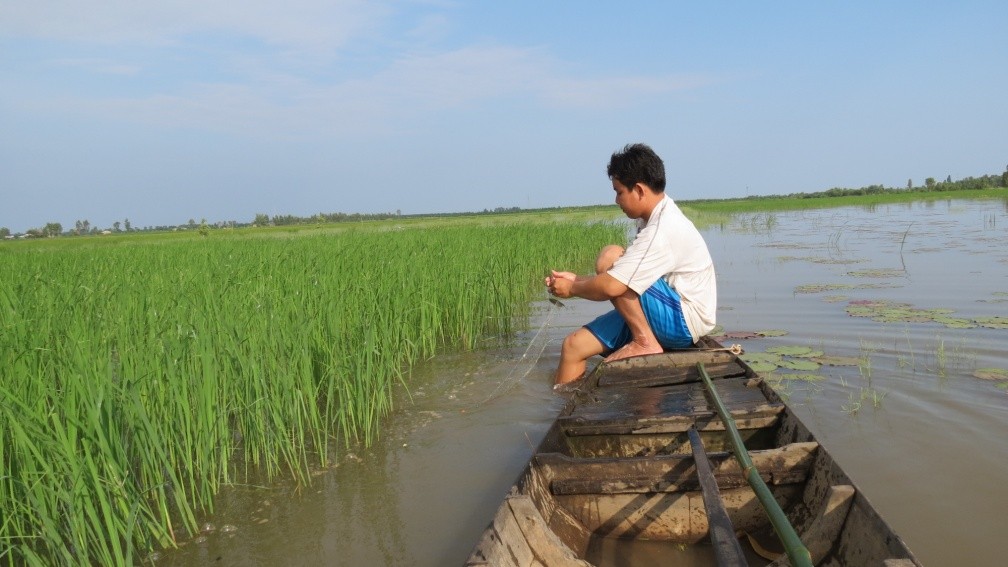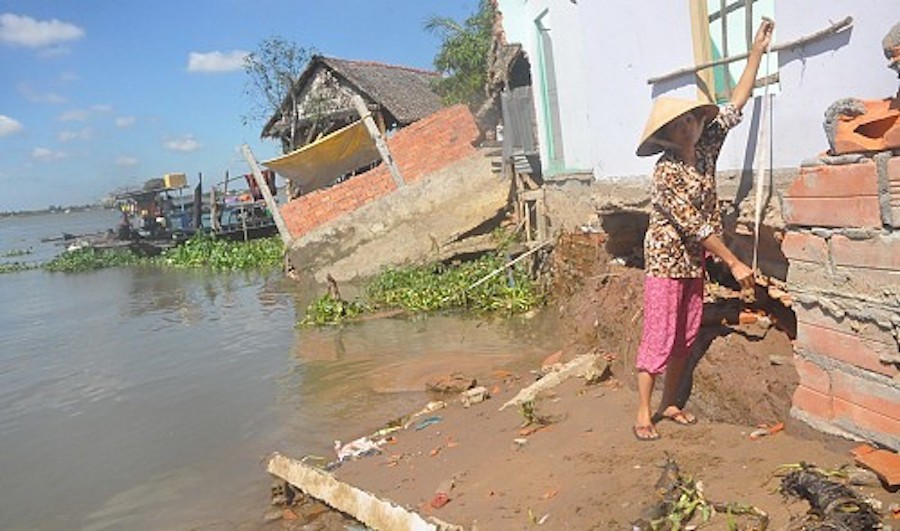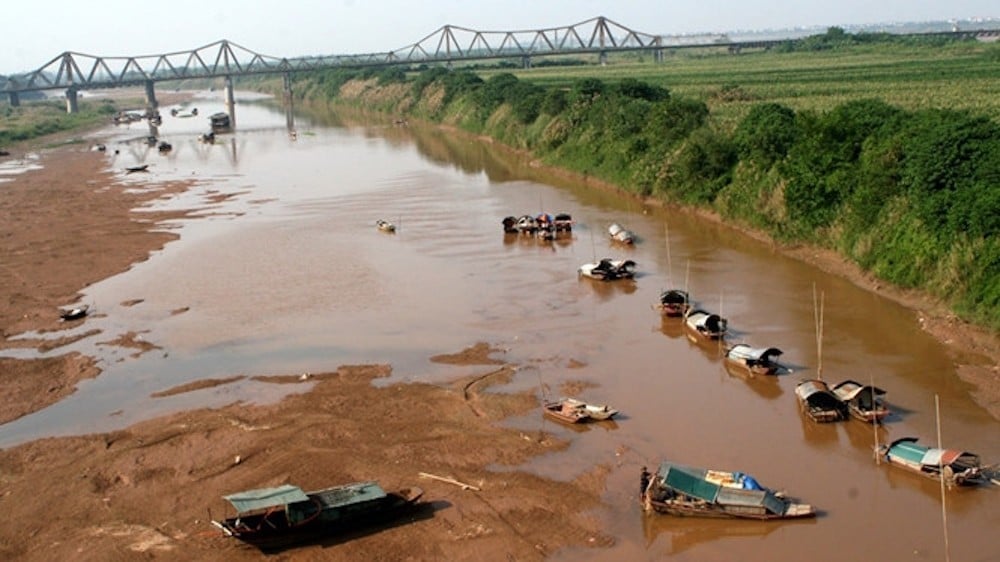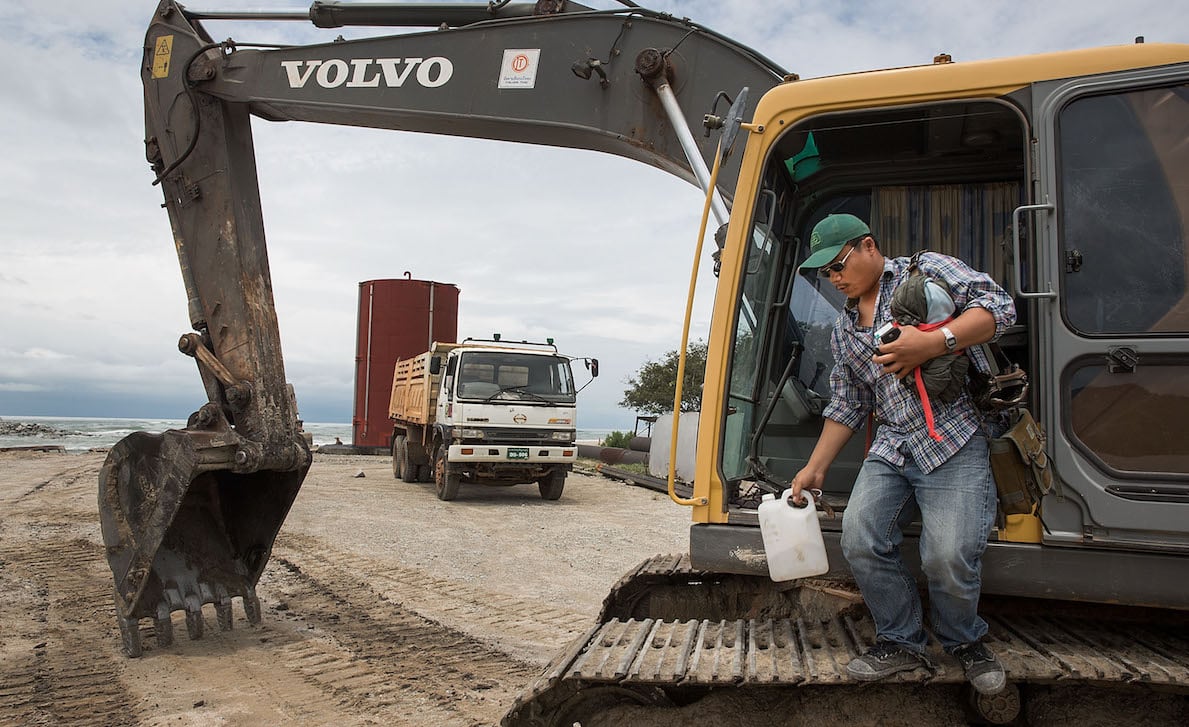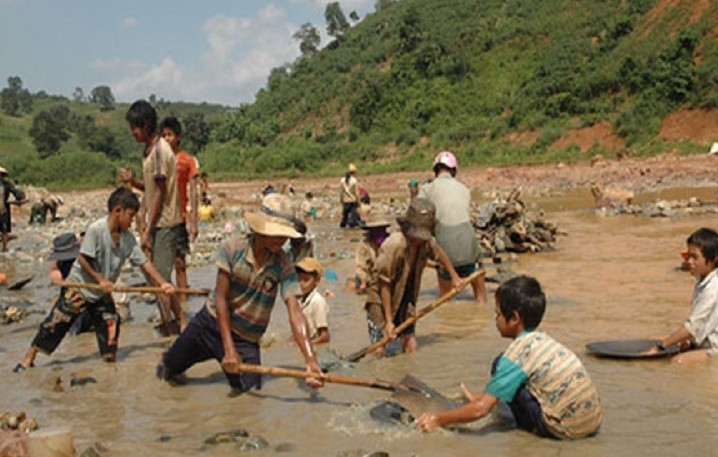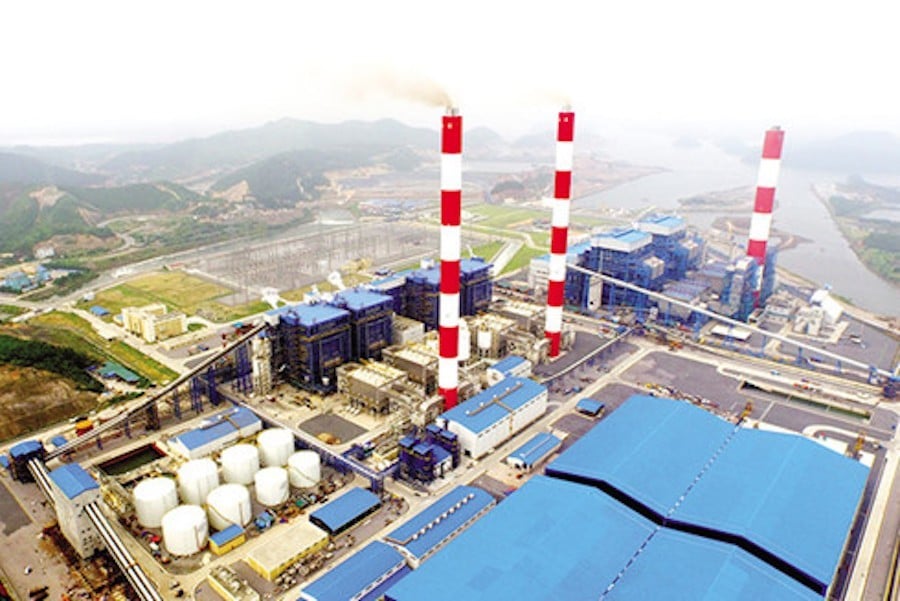Southern Vietnam, which is home to commercial hubs like Ho Chi Minh City and manufacturing clusters such as Dong Nai and Binh Duong, may face more power shortages from 2017.
The country’s total power output is likely to fall short of the south’s demand by 10-15 percent, said Duong Quang Thanh, chairman of state monopoly Electricity of Vietnam (EVN).
The state utility plans to run more power plants on diesel to produce about 5 billion kilowatt-hours per year starting from next year to supplement supplies in the south, Thanh added.



